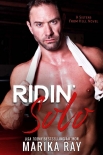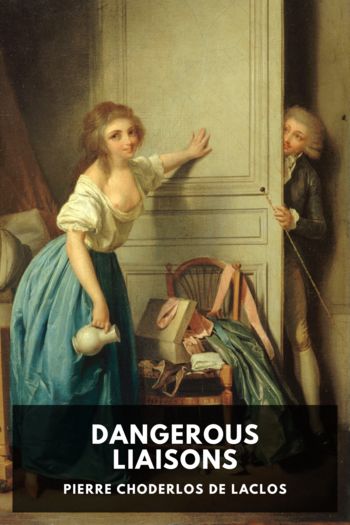The Other Side of the Door, Nicci French [new reading .TXT] 📗

- Author: Nicci French
Book online «The Other Side of the Door, Nicci French [new reading .TXT] 📗». Author Nicci French
It stared up at me from the newsstand, taking up almost half of the front page under the banner headline: ‘Death in the Fast Lane’. It wasn’t the picture the papers had used previously. He was quite a few years younger; his hair was long and he had stubble that almost amounted to a beard. He was smiling at whoever was behind the camera and his eyebrows were slightly raised so that he looked sardonic and questioning, as if he was sharing a secret thought with the person facing him. He had looked at me like that, as if he understood me, recognized me. He had looked at Sally like that too. And who else? Hundreds of women, I was sure, who, even as they knew he was unreliable, had fallen for that charm. And then someone had killed him—a stranger, after all, or someone who knew him, someone who hated him, loved him, hated him because they loved him?
I told myself I wouldn’t buy the paper, but I found myself counting out the change, taking it and trying to read it as I walked along the street. The caption under the picture told me to turn to page seven, so I stopped in the first café I came to, where I ordered a cappuccino and a slice of carrot cake. I felt I needed a dose of carbohydrate and sugar. Only when I’d eaten half of the cake and finished the coffee did I turn to page seven, and when I did, another photo leaped out at me: of a youthful Hayden with his arm wrapped around a woman who was vivid with happiness. She was slight and had a mane of chestnut hair, a wide, smiling mouth. Underneath the photograph there was a caption. Her name was Hannah Booth.
I closed my eyes for a moment but when I opened them again, there she still was. I liked the look of her. She was someone I could imagine having as a friend in another life. I looked at the caption again. The photo had been taken in 2002, seven years ago. Hayden would have been about thirty then—his face was thinner and softer than the one I had known, perhaps happier. Or perhaps that was simply because he was standing arm-in-arm with his wife. Why was I surprised and why was there a pain in my chest and why did my eyes sting?
I skimmed the story, my eyes jumping from paragraph to paragraph. Much of the beginning was a rather floridly written repetition of what had been in the papers before—talented and reckless musician, mysterious death, shocked friends, body found in the reservoir, police following up clues. But at the centre was the interview with Hannah Booth, who had spoken to the reporter about her grief (‘although I always believed he would die young’) at the murder of her estranged husband. ‘Estranged’—I seized on the word and let it comfort me a bit, until my eyes lit on another word: ‘child’. I felt as though someone had punched me hard in the stomach. Hayden had a child, a son, aged just six and a half, who had last seen ‘his daddy’ a few months ago. His name was Josiah. Hayden had left Hannah and Josiah four years ago, when his son was just a toddler. Hannah Booth described how their marriage, embarked upon with such hope, had deteriorated. ‘I don’t think Hayden knew how to be content,’ she said. ‘He never had that kind of stability. He let his ambitions and his dreams destroy the reality of what we had together. And he hated getting older—he was just a kid at heart. A great, lovable kid. But you can’t be married to a child, especially when you become a parent yourself.’
I laid the paper aside for a bit and finished my cappuccino, sipping it slowly through the froth, trying to concentrate only on its milky sweetness. He had told me he never wanted to be a father, and all the time he had been one; he had told me he never wanted to be tied down and all the time he was married. OK, married to a woman he never saw, but married all the same. She had even taken his name. Why hadn’t he told me? Then I remembered his hasty, urgent note, my last communication with him—was that what he had wanted to tell me?
When I returned to the story I read about his mother, who said that Hayden had been a naughty boy and a troubled man and, no, she hadn’t approved of his lifestyle, but that a parent should never have to bury a child. His sister, three years his senior, who said that he had a lust for life. His great friend Mac, who was absolutely gutted: he had seen Hayden just a week or so before his death and Hayden had seemed excited about life





Comments (0)